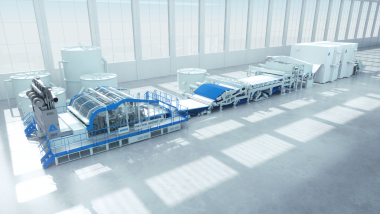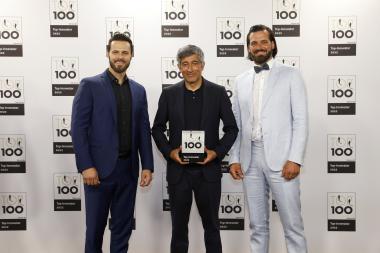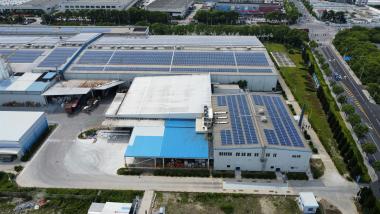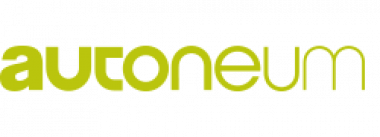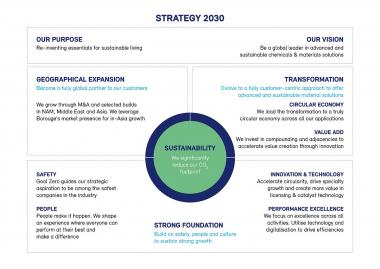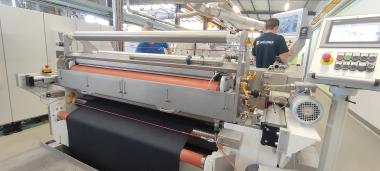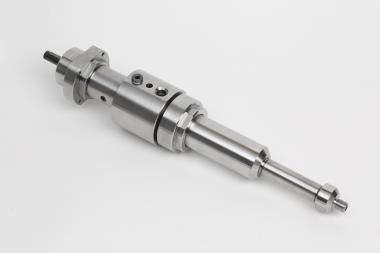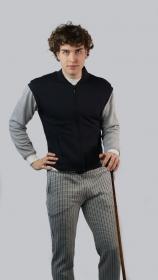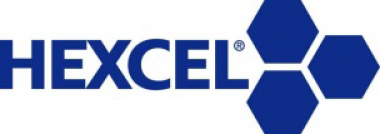ANDRITZ: First nonwovens pilot line for wipes with integrated wetlaid pulp process
International technology group ANDRITZ has established a new inline Wetlace™ CP pilot line with an original design at its center of competence in Montbonnot, France. The line combines both spunlace and wetlaid technologies.
From now on, partners will be able to conduct trials and test all options available for wipes production – from carded staple fibers to pulp and various combinations thereof. The combination of both spunlace and wetlaid technologies offers to move forward to more sustainable options while maintaining a high level of product quality, in particular by achieving high CD strength and good linting properties.
Over the past few decades, ANDRITZ has continued to innovate with various nonwoven processes, like spunlace, WetlaceTM and Wetlace™ CP, with the aim of optimizing the use of raw materials and focusing on sustainability by reducing the synthetic fiber content. Facing the growing demand for bio-wipes in parallel with enforcement of the EU’s single-use plastics directive last year, ANDRITZ has decided to support its customers making their investment decisions.
The Montbonnot pilot line has been rebuilt to integrate the new headbox inside the spunlace line. Pulp can be fed in directly and entangled with carded staple fibers to produce unique nonwoven fabrics designed for end uses as bio-wipes.
Andritz


